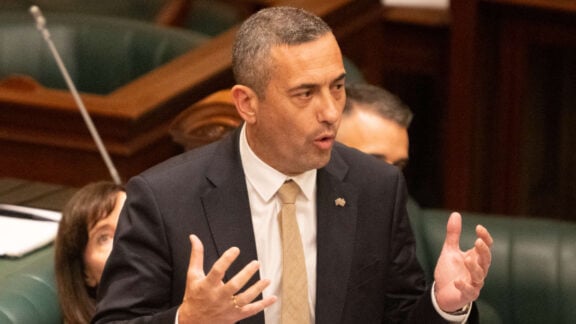The fund set up to recapitalise Greek lenders in case of need can inject capital by buying common shares issued by the banks, Greece’s finance minister said.
Rising bad loans, sovereign debt downgrades, deposit outflows and a deepening recession have taken their toll on Greek banks, which also stand to suffer write-downs from a bond swap deal that is part of the country’s second rescue package.
Banks will have to turn to the 10-billion-euro Financial Stability Fund established under a rescue package by the European Union, International Monetary Fund and European Central Bank if their capital adequacy falls below minimum ratios set by the central bank and they cannot raise funds in the markets to beef up their equity.
The EU/IMF/ECB “memorandum stipulates clearly that this (fund’s capital injection) is done via common shares,” Greek Finance Minister Evangelos Venizelos told reporters after a cabinet meeting.
The Bank of Greece, the country’s central bank, has told banks they will have to maintain a Core Tier 1 ratio of 10 per cent from January 2012.
The stability fund is part of the 110 billion euro emergency loan package that Greece secured from the IMF and its eurozone partners in May last year to avoid default. As an owner of common voting shares once it intervenes, the fund can force banks to restructure.
Greece has appointed a seven-member board to run the stability fund, headed by a former deputy central bank governor.
The stability fund, which will operate for seven years, reports semi-annually to the ECB, the European executive and Greece’s parliament, as agreed with the IMF and the eurozone.
Source: Athens News








